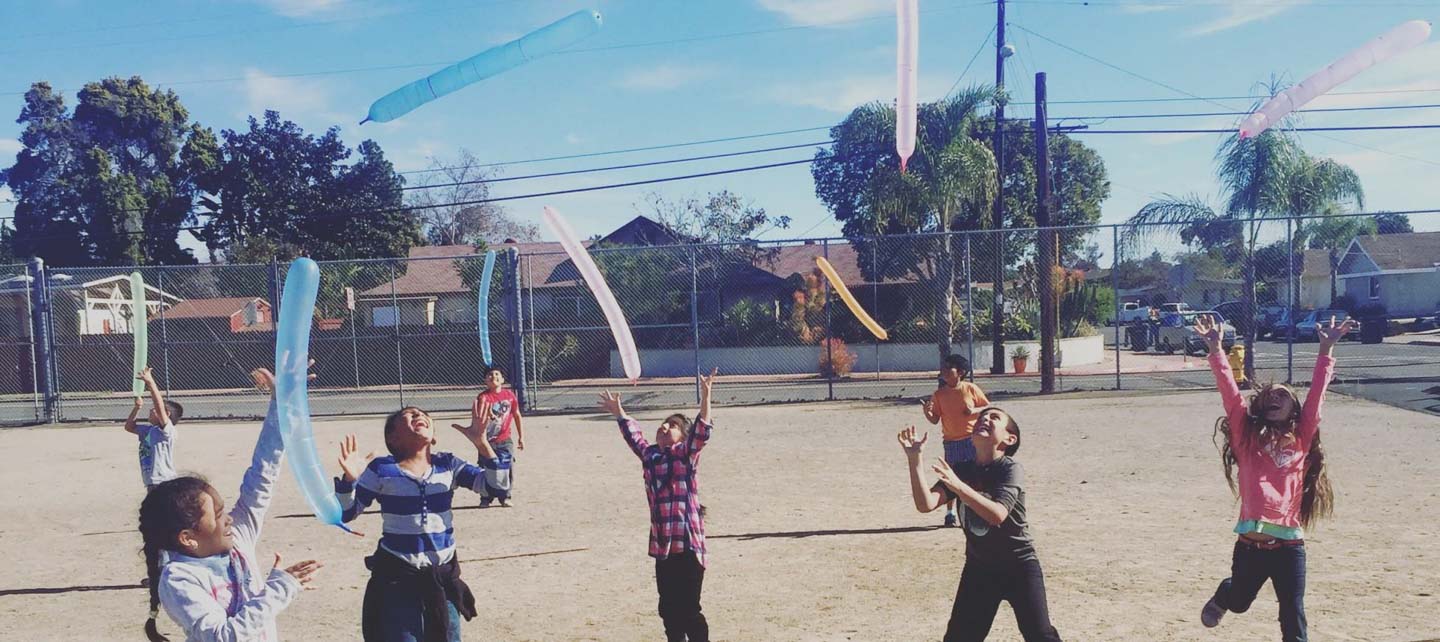Last school year, Marisa Sanchez, a graduate student in the laboratory of Dieter Wolf, MD, led weekly science lessons at Lafayette Elementary School through UC San Diego’s BioCircuits Institute’s outreach program. We recently spoke with her about the experience—here’s the interview:
What motivated you to participate?
I heard about it when the director of the program came to Sanford Burnham Prebys to recruit volunteers, and it seemed really fun. I like working with kids, and the lessons seemed like they’d get them excited about science. Plus, after the first week, I was hooked—I knew I’d be doing it as long as I have the opportunity. I’m volunteering next year as well, and I’ll get to work with the same teacher.
What was your favorite lesson?
The one on reflection and refraction of light was a big hit—it was basically a game where the kids tried to set up a bunch of mirrors in a way that would get a laser beam to hit a target. I could tell they understood the concepts because they were using them directly.
Were there any breakthrough moments?
When we did a lesson on how much gravity differs among the planets because of their different masses, one kid who’d been quiet all year suddenly got really talkative, sharing all these facts he’d learned from a documentary. Discussing one of his favorite subjects really helped him open up socially.
Were there any funny moments?
During a lesson about frequencies, I tried to explain what a pager was, and the kids had no idea what I was talking about. I switched to a different example—a VHS tape—but that didn’t come across any clearer!
What do you think the kids got out of the program?
It gives them the opportunity to grow with science. Since science is often considered to be so complicated, kids don’t always get to learn about fundamental concepts until they’re older. I could see some of the kids’ interest being sparked—even if they didn’t totally get every aspect, they know they’re interested, so next time it comes up in school they’ll get more out of it.
